2023 is a pretty bad year for property investment in Europe. The EU economy is in recession, energy and food prices are on the rise, and there's a lot of geopolitical tension. But according to the British rating agency Fitch Rating, this year should be a period of stabilisation and growth in the availability of real estate in Europe. House prices might fluctuate a bit, but overall, they should be pretty stable. Germany and Denmark are expected to see growth of between 1 and 3%, while Italy and Spain are likely to experience a 0 to 2% increase. France is predicted to see a 2 to 4% rise.
The economy in Cyprus is doing pretty well at the moment, the investment attractiveness index is stable, and there's a positive outlook. All of this makes residential properties reliable assets. Prices for square metres are still going up on the island, and by the end of last year, they'd reached 20% in some places. As a result, Cyprus has moved into a different price segment and will be compared with more expensive markets in this blog. Please note that all indices and prices below are valid at the time of publication and may change in the future.
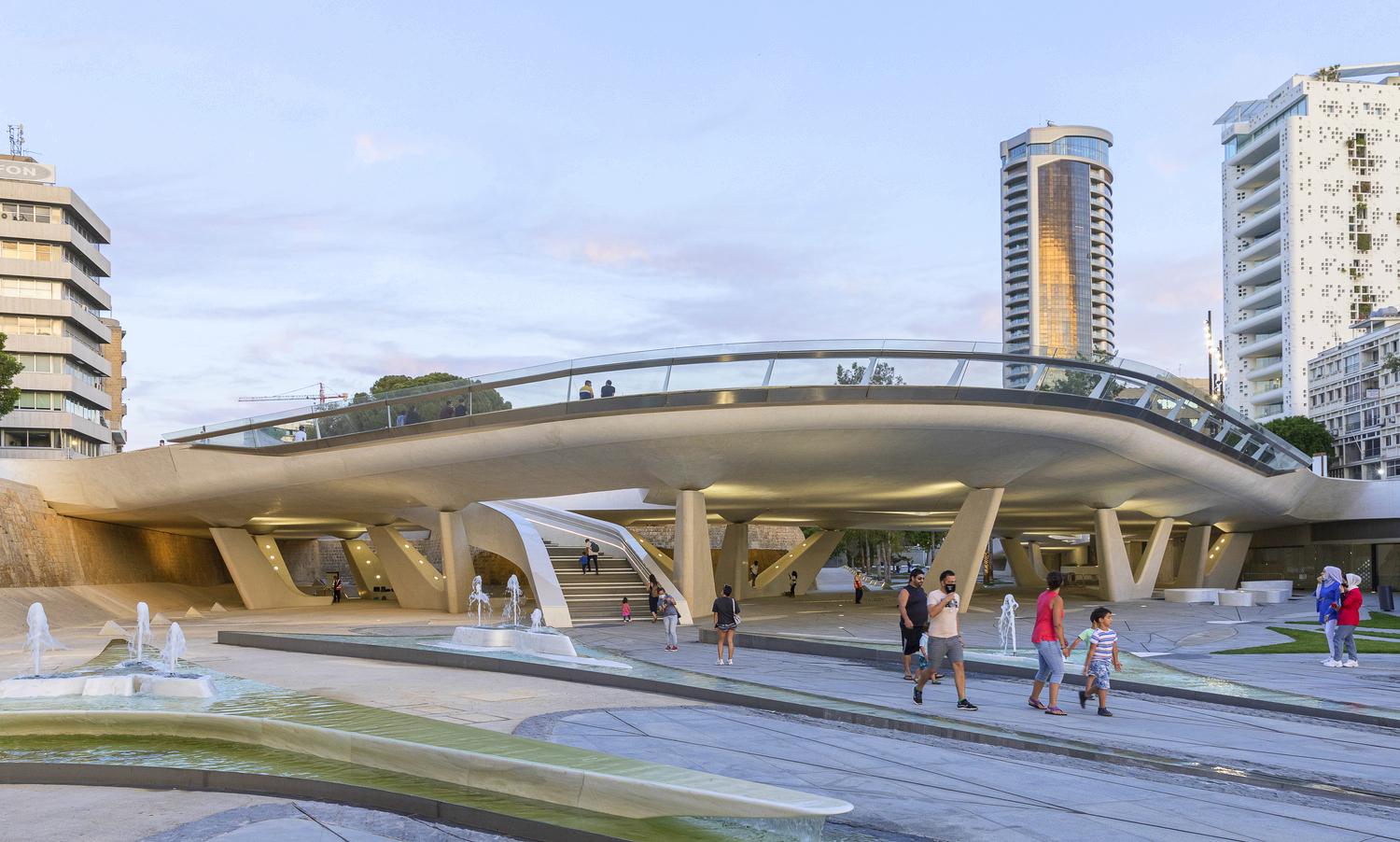
Spain
Madrid's quality of life index is 191 (the higher the number, the higher the quality of life in the city). Property prices in the centre range from 3.2 thousand euros to 6 thousand euros, while in other areas they're between 2 thousand euros and 4 thousand euros.
Here are the average prices for key goods and services in the city:
- Renting a one-bedroom apartment per month: centre – 900-1,600 euros; other districts – 650-1,200 euros.
- A mid-range restaurant meal for two costs around 60 euros.
- A bottle of water (1.5 litres) costs 0.85 euros.
- A 500-gram loaf of white bread costs 1.46 euros.
- Fares for public transport are 1.5 euros.
- Petrol (1 litre) costs €1.65.
- The cost of utilities for an 85 m2 flat is around 150 euros a month.
- The standard mobile phone tariff is 14 euros a month.
- And then there’s the internet, which is unlimited for €30 a month.
- Fitness centre (per month): €45.
Spain is the second largest country in the European Union and occupies 85% of the Iberian Peninsula. Thanks to the country's diverse climatic zones and landscapes, its inhabitants have plenty of suitable places to live. Spain is one of the top five most visited countries every year, which shows how developed its tourism and entertainment industry is. It also has the most beaches in the Northern Hemisphere that have been awarded the Blue Flag. Spain is one of Europe's largest producers of bullfighting. Its main industries are shipbuilding, mechanical engineering, metallurgy, light and food processing. Spain also has a strong presence in the world agricultural market and in the field of renewable energy.
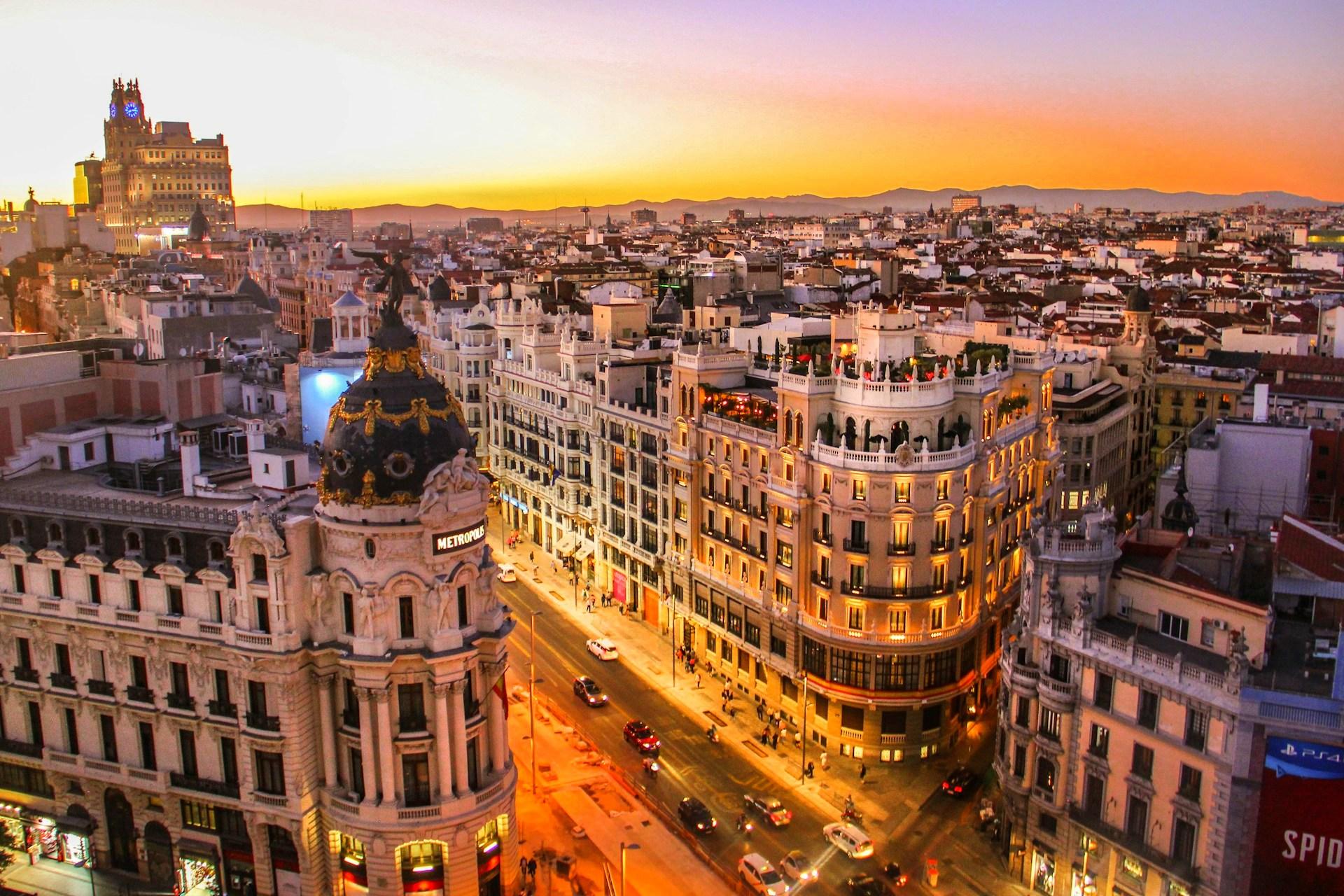
Spain has a well-developed transport infrastructure, which makes travelling both at home and abroad fast and comfortable. One of the things Spaniards are particularly proud of is their multicultural and diverse culture. The country's urban architecture is impressive, with a variety of styles that make it the second most beautiful country in the world in terms of the number of cities inscribed on the UNESCO World Heritage List. Spain has given the world a long line of outstanding musicians, vocalists, writers and artists. The local education system gives people the chance to gain fundamental knowledge, not only for its own citizens, but also for foreigners. Spain is an educational centre for polytechnic sciences, modern technologies, design, tourism, hotel and restaurant business.
Students from all over the world are drawn to Spain by affordable tuition fees, progressive teaching methods and the worldwide recognition of the diploma obtained. Healthcare services are of a high quality and medical tourism is developing in step with the times. Regular medical care is available to public and private insurance holders. Emergency medical care is available to all, including illegal residents of the country. Spain is among the ten healthiest and happiest countries in the world. Spain is very environmentally conscious, and sport is a big part of the national identity. The most popular sports are football, basketball, tennis, cycling, motor racing and yachting.
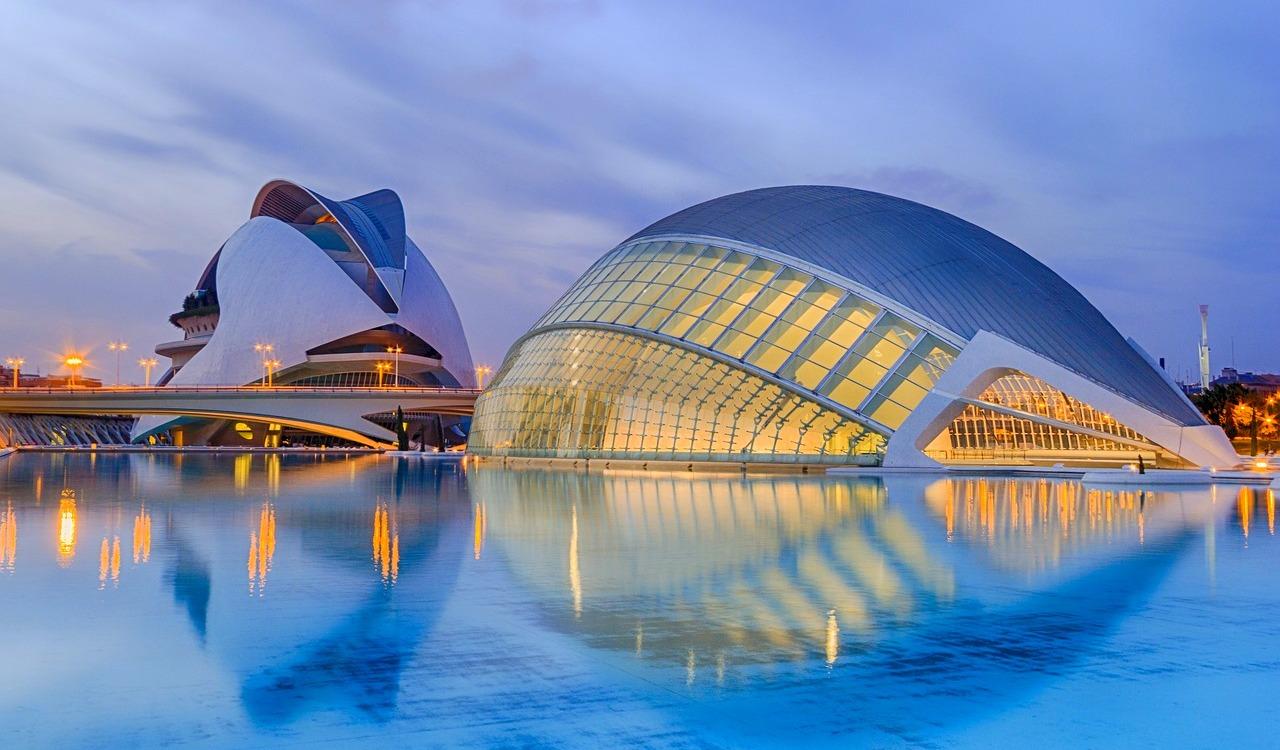
The Spanish are known for being free-spirited, educated, and cultured. They're generally positive, friendly, and willing to help in a tough situation. Spaniards tend to embrace a balanced lifestyle, believing that work without stress is essential for a long and happy life. Family values have been a priority here for centuries, so home holidays and family dinners are common.
The pros of living in the country are:
- A high standard of living.
- Prices for goods and services are low by European standards.
- The climate is pretty comfortable, especially in the south.
- The food is really good.
- The social security system is one of the most efficient in Europe.
- A high level of security.
- It's pretty easy to pick up the language.
On the downside:
- There have been some challenges with employment recently.
- The bureaucracy of state and licensing authorities.
- There's a pretty high level of taxation.
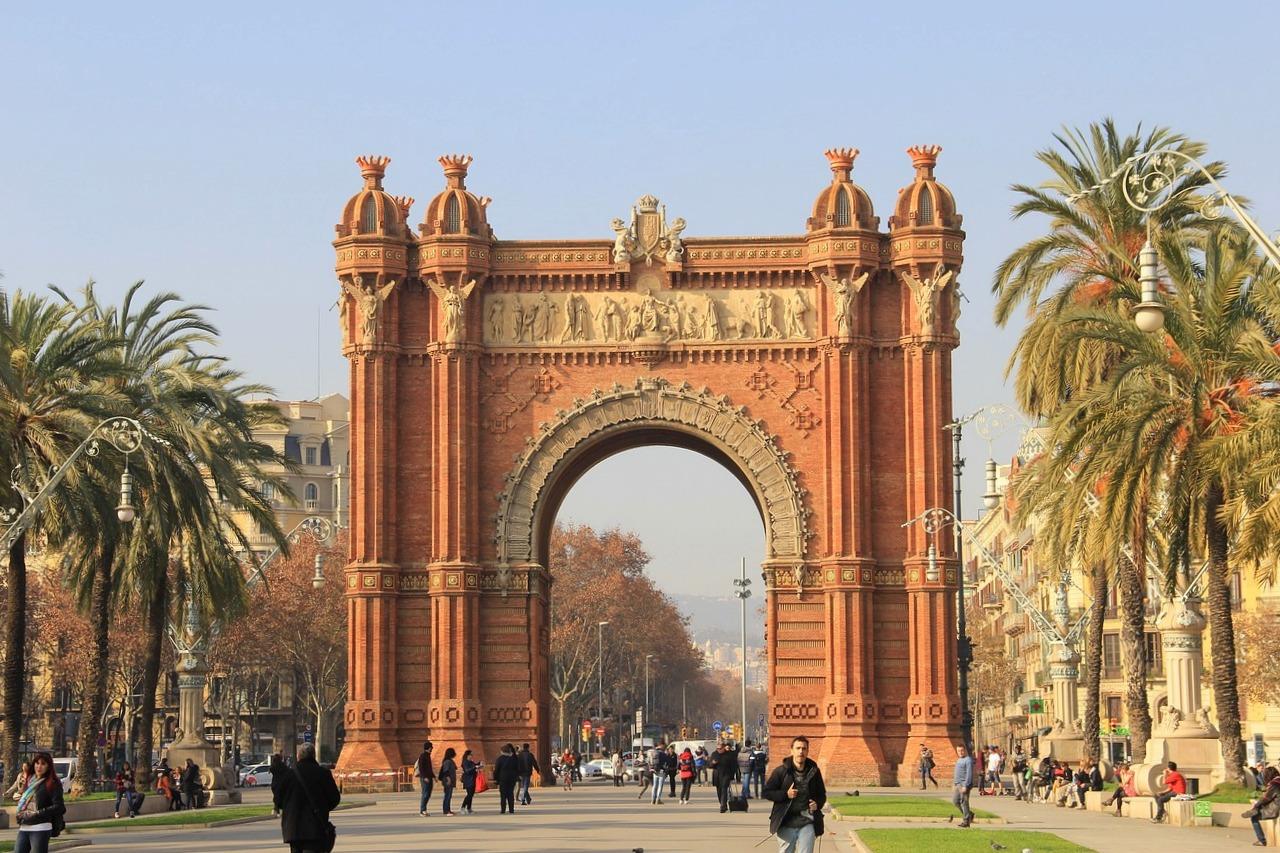
Slovakia
Bratislava's quality of life index is 150. Property prices in the city centre range from 4,000 to 7,000 euros per square metre, while in other areas they're between 3,000 and 4.5,000 euros. The average price of key goods and services in the city is:
- Renting a one-bedroom apartment per month: centre – 600-900 euros; other districts – 450-700 euros.
- A mid-range restaurant meal for two costs around 50 euros.
- A bottle of water (1.5 litres) costs 0.8 euros.
- A 500-gram loaf of white bread costs 1.7 euros.
- And then there's the cost of travelling by public transport, which comes in at 1.1 euros.
- Petrol (1 litre) costs €1.60.
- The cost of utilities for an 85 m2 flat is around 230 euros a month.
- The standard mobile phone tariff is 26 euros a month.
- And then there’s the internet, which is unlimited for €20 a month.
- Fitness centre membership (per month) – 38 euros.
The Slovak Republic is a small Slavic country in central Europe. It gained independence on 1 January 1993 after the voluntary split of Czechoslovakia. Over 40% of the country is covered by forests, which makes it an ideal place for green tourism. To protect the environment and rare animal species, nine national parks have been set up. The country doesn't have access to the sea, but this is offset by mineral and thermal springs, which have led to the creation of 20 therapeutic resorts.
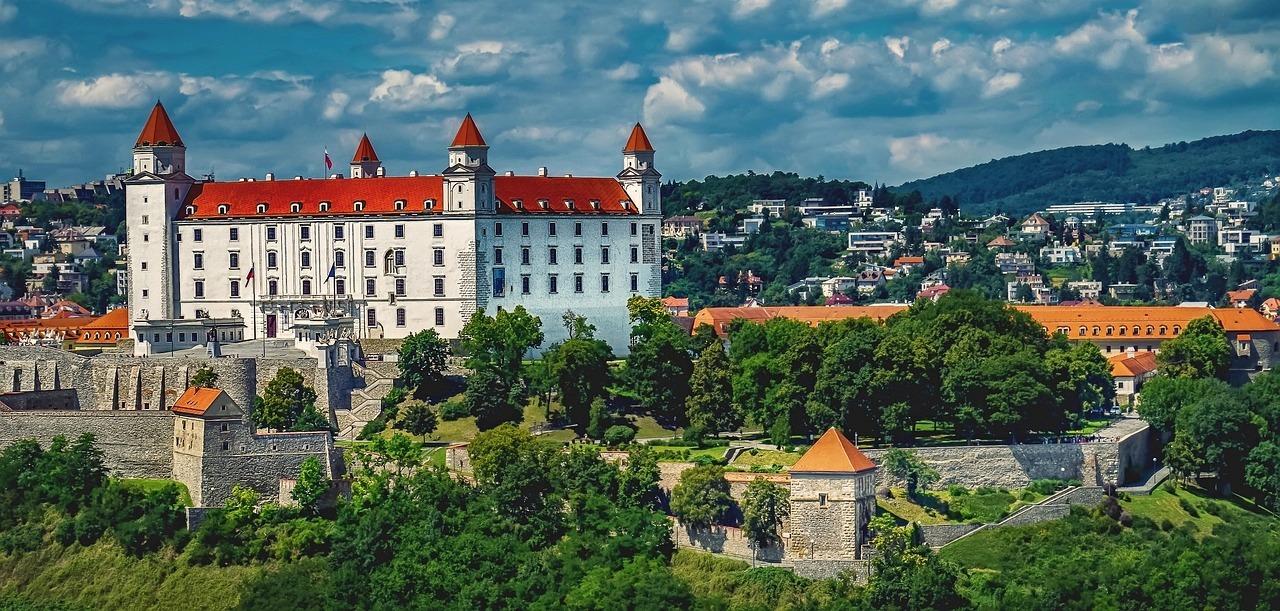
Slovakia is an agricultural and industrial country. Its main industries are agriculture and mechanical engineering. There are also a number of car factories on the territory, making European and Japanese brands. Recently, the country has been developing brewing and is now competing with countries like the Czech Republic and Germany. This year, Slovakia ranked 33rd in the world in terms of living standards. The country has the smallest gap between rich and poor in the EU, and the average salary for 2023 was 1400 euros per month. Higher education is free and open to everyone. The local universities have great facilities, including classrooms, libraries and sports grounds. Students live in comfortable dorms that meet EU sanitary standards. Physical activity is important in Slovakia, with lots of people taking part in sports. Ice hockey is the country's number one sport, with the national team doing well at world championships. Skiing is next on the list. There are lots of ski resorts with slopes of varying degrees of difficulty. Thanks to the lower cost of holidays compared to Western European resorts, they attract skiers from all over the world. Other Slovak hobbies include rowing and cycling, including off-road and mountain biking.
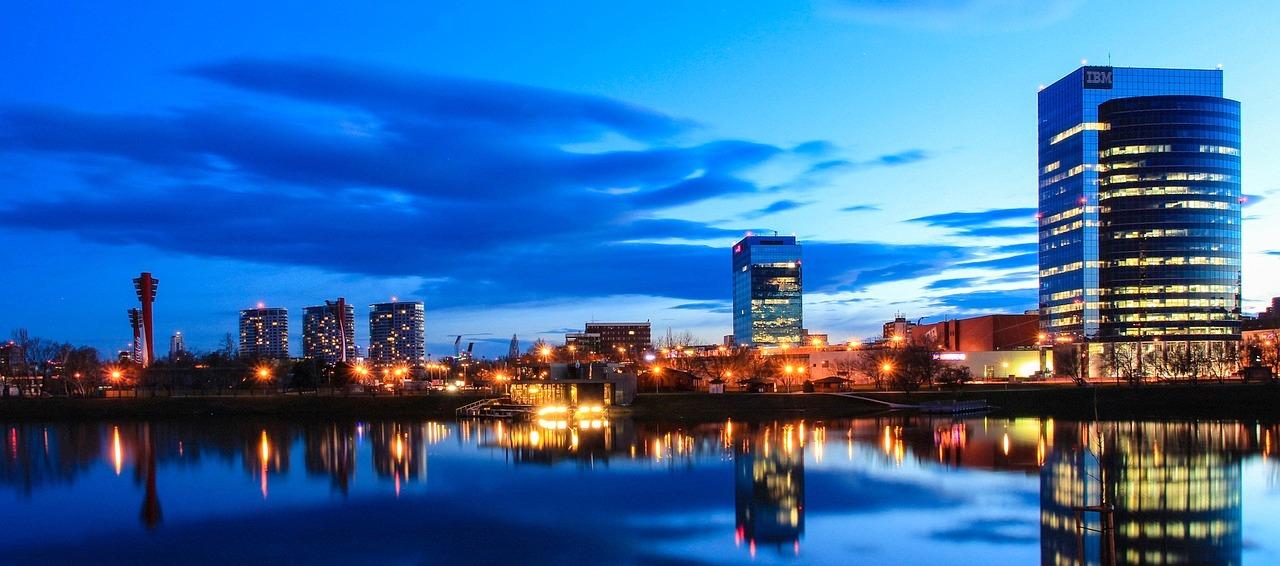
Bratislava, the capital and largest city, is located on the border with two countries, Austria and Hungary. The old city centre has a unique atmosphere thanks to cultural and architectural monuments, with the city palaces being particularly impressive. Slovakia is the third country in the world in terms of the number of castles from the 13th to 18th centuries that are protected by UNESCO. Over 80% of the country's population are ethnic Slovaks. They like to enjoy life, lead a relaxed lifestyle and work without being overloaded. Most Slovaks are non-confrontational and try to stick to generally accepted norms, including traffic rules. The local population is friendly to foreigners, and there is usually no language barrier when communicating with residents of post-Soviet republics.
The pros of living in the country are:
- There's a low crime rate.
- A well-developed infrastructure.
- The availability of residence permits.
- Low food prices.
- It's a great place to set up a business.
On the downside:
- The state bodies are pretty slow to get things done.
- There's a long waiting period for medical care because there aren't enough qualified doctors.
- The cost of public utilities is pretty high.
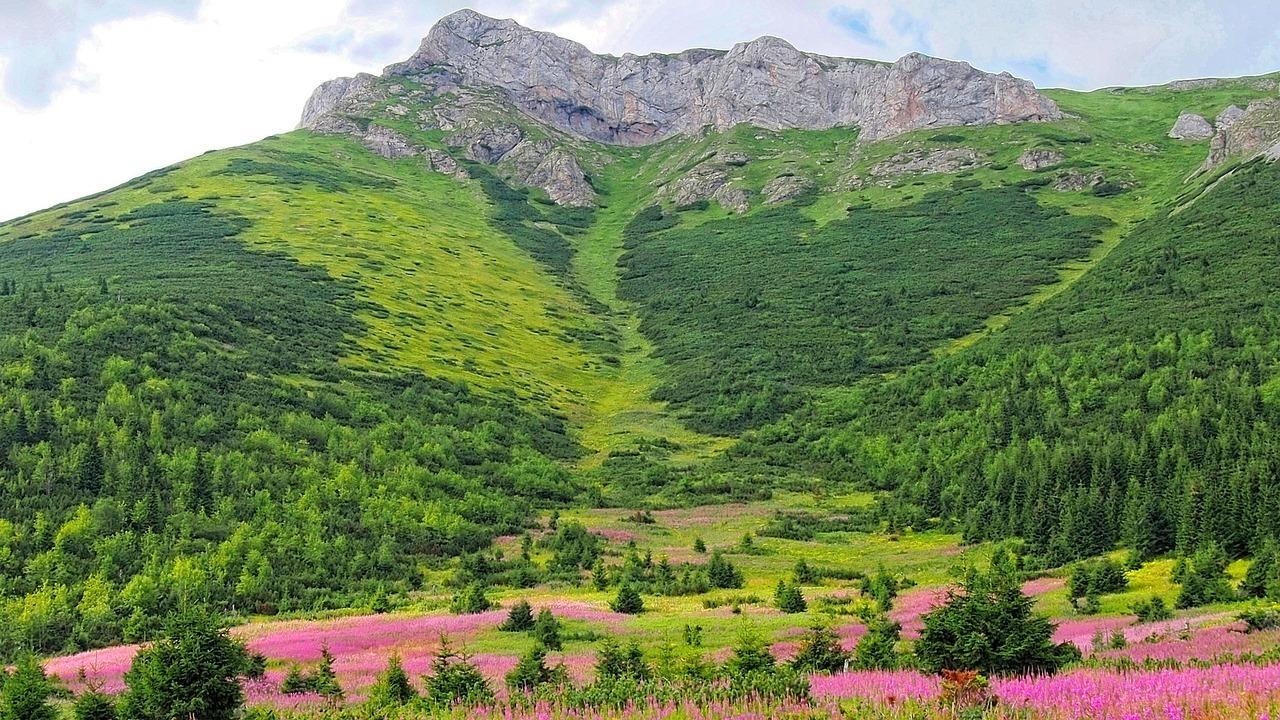
Croatia
The quality of life index in Zagreb is 167. The cost of buying property in the centre is between 3,000 and 5,000 euros per square metre, while in other areas it's between 2,300 and 3,500 euros per square metre. The average prices for key goods and services in the city are:
- Renting a one-bedroom apartment per month in the city centre costs between 550 and 800 euros, while in other districts it's between 450 and 600 euros.
- A mid-range restaurant meal for two costs around 60 euros.
- A bottle of water (1.5 litres) costs about €1.
- A 500-gram loaf of white bread costs 1.3 euros.
- Public transport costs 0.5 euros.
- Petrol (1 litre) costs €1.50.
- The cost of utilities for an 85 m² flat is around 180 euros a month.
- The standard mobile phone tariff is 18 euros a month.
- And then there’s the internet, which is unlimited for €26 a month.
- Fitness centre (per month) – 40 euros.
Croatia is in south-central Europe and was part of the Federal Republic of Yugoslavia until 1991. It's worth noting that of all the former parts of the Federation, Croatia has the most favourable geographical position and the longest access to the Adriatic Sea. Its unspoilt natural beauty and mild Mediterranean climate have made it one of the most popular tourist destinations in Europe. Romantic sandy beaches and gastronomic festivals, more than 1200 islands scattered across the waters and original architecture will delight and surprise visitors.
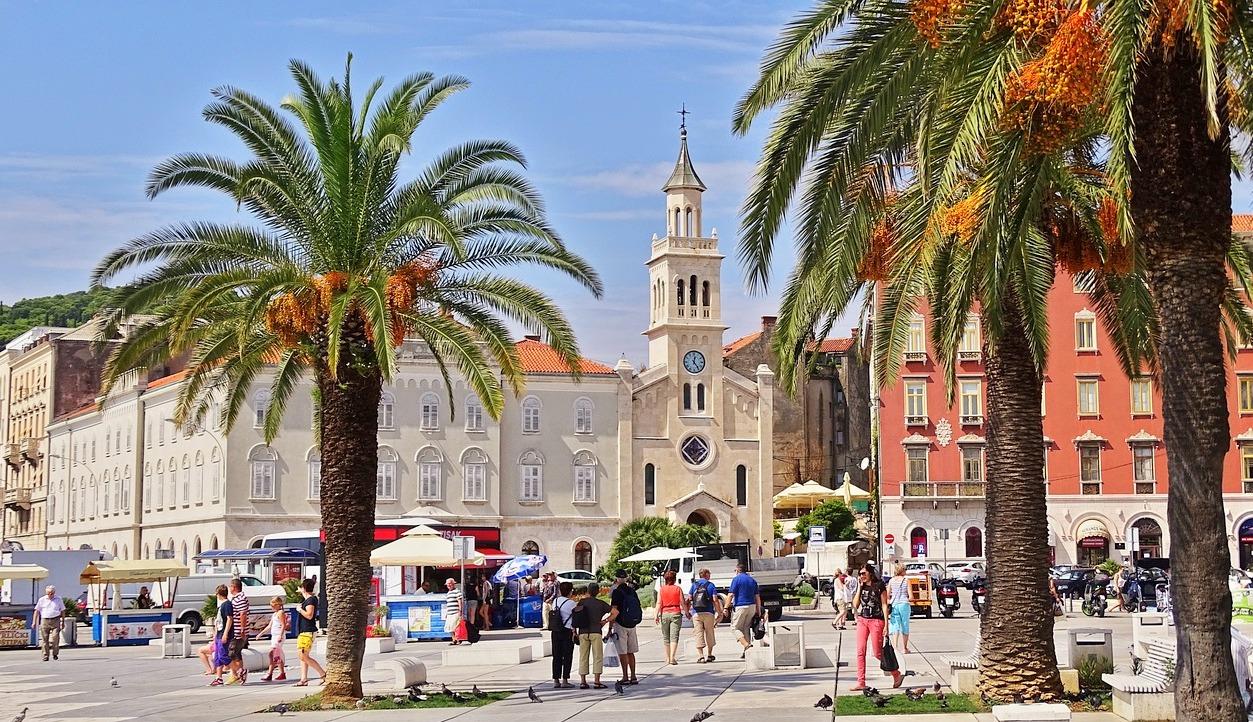
A country rich in history and culture, Croatia has many UNESCO World Heritage Sites. These include the Arena of Pula, Diocletian's Palace in Split, the frescoes of Dubrovnik and the Euphrasian Basilica. The country's main industries are shipbuilding and mechanical engineering, chemical, food, electronic, light and pharmaceutical. Agriculture, winemaking and fishing also play an important role. Croatia has a well-developed transport infrastructure, with six large sea harbours and eight airports that connect it with all continents. The higher education system offers tuition to citizens of other countries on a fee-paying basis. Local universities offer a wide range of specialities and EU-recognised diplomas, with tuition fees ranging from 800 to 3500 euros per year.
The national healthcare system provides free access to basic services for citizens and residents with legal residence status, provided they have an insurance policy. Private clinics offer medical care on a commercial basis at a significantly lower cost than in Western European countries. Locals are active and enjoy sports, with Croatia having a number of achievements at the Olympic Games. The most popular sports are water polo, football and basketball.
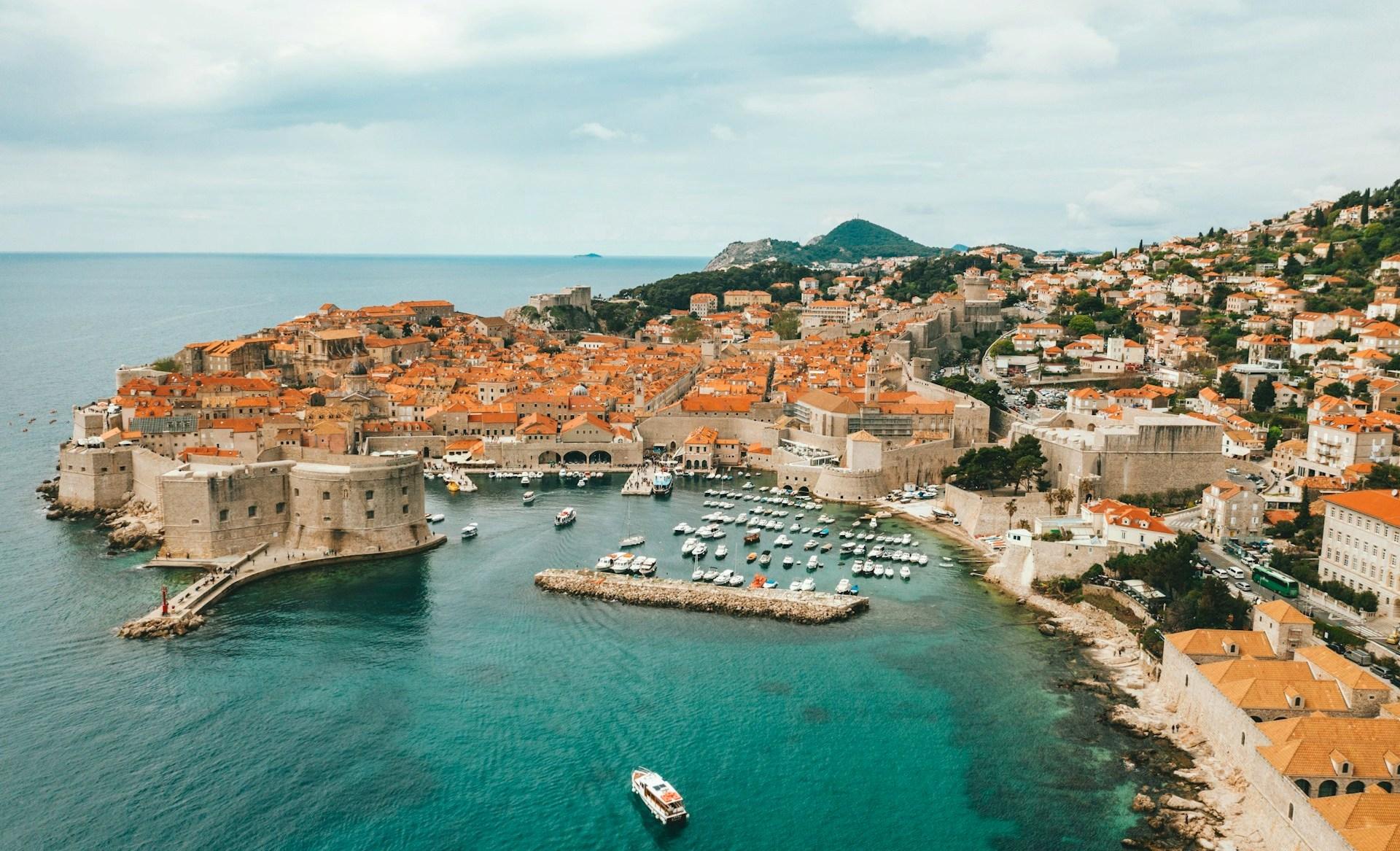
90% of the country's population is made up of ethnic Croats. They're friendly towards other nationalities, lead a leisurely lifestyle and dislike the hustle and bustle of the city. According to the happiness index, the country ranks 47th in the world, and the average salary in 2023 was 1.6 thousand euros. Croatia is famous for its inventions, such as the tie, the fountain pen and the sea torpedo. It's also home to the world's smallest city, Hum, with only 30 people.
The pros of living in Croatia are:
- The country also offers a high level of social protection for its population.
- It's easy to do business here, and there's little corruption.
- The country is also blessed with beautiful nature and stunning postcard-worthy architecture.
- The food products are pretty good quality.
- And there's a low crime rate.
- There's been a lot more focus on the environment recently.
On the downside,
- The paperwork is a bit of a hassle.
- The toll roads are pretty pricey.
- There aren't enough significant cultural events.
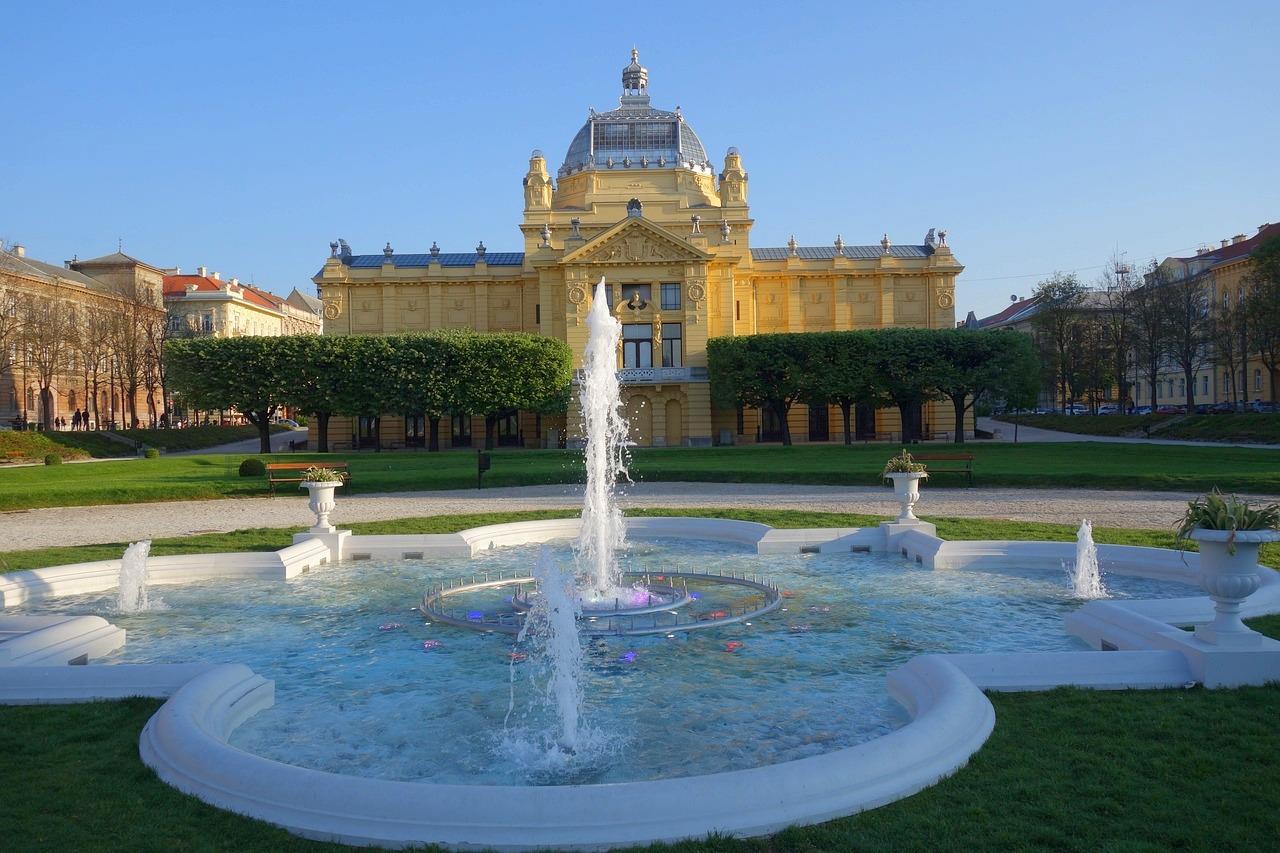
Cyprus
The quality of life index in Limassol is 142. The cost of buying property in the centre is between 3.5 and 6 thousand euros, while in other areas it's between 2.5 and 4 thousand euros. The average prices for key goods and services in the city are:
- Renting a flat (one bedroom) per month: centre 1,200-1,800 euros, other districts 900-1,500 euros.
- A mid-range restaurant meal for two costs around 60 euros.
- A bottle of water (1.5 litres) costs 1.65 euros.
- A 500-gram loaf of white bread costs 1.9 euros.
- Fares for public transport are 1.5 euros.
- Petrol (1 litre) costs €1.40.
- The cost of utilities for an 85 m2 flat is around 215 euros a month.
- The standard mobile phone tariff is 20 euros a month.
- And then there’s the internet, which is unlimited for €30 a month.
- Fitness centre membership (per month) – €65.
The Republic of Cyprus is an island country in the eastern part of the Mediterranean Sea. According to the Cypriot poet Leonidas Malenis, the island is made up of mountains, fertile valleys and long sandy beaches. Thanks to its first-class resorts, sunny weather, emerald sea, tasty and healthy Mediterranean cuisine, Cyprus is visited year-round by thousands of tourists from all over the world.
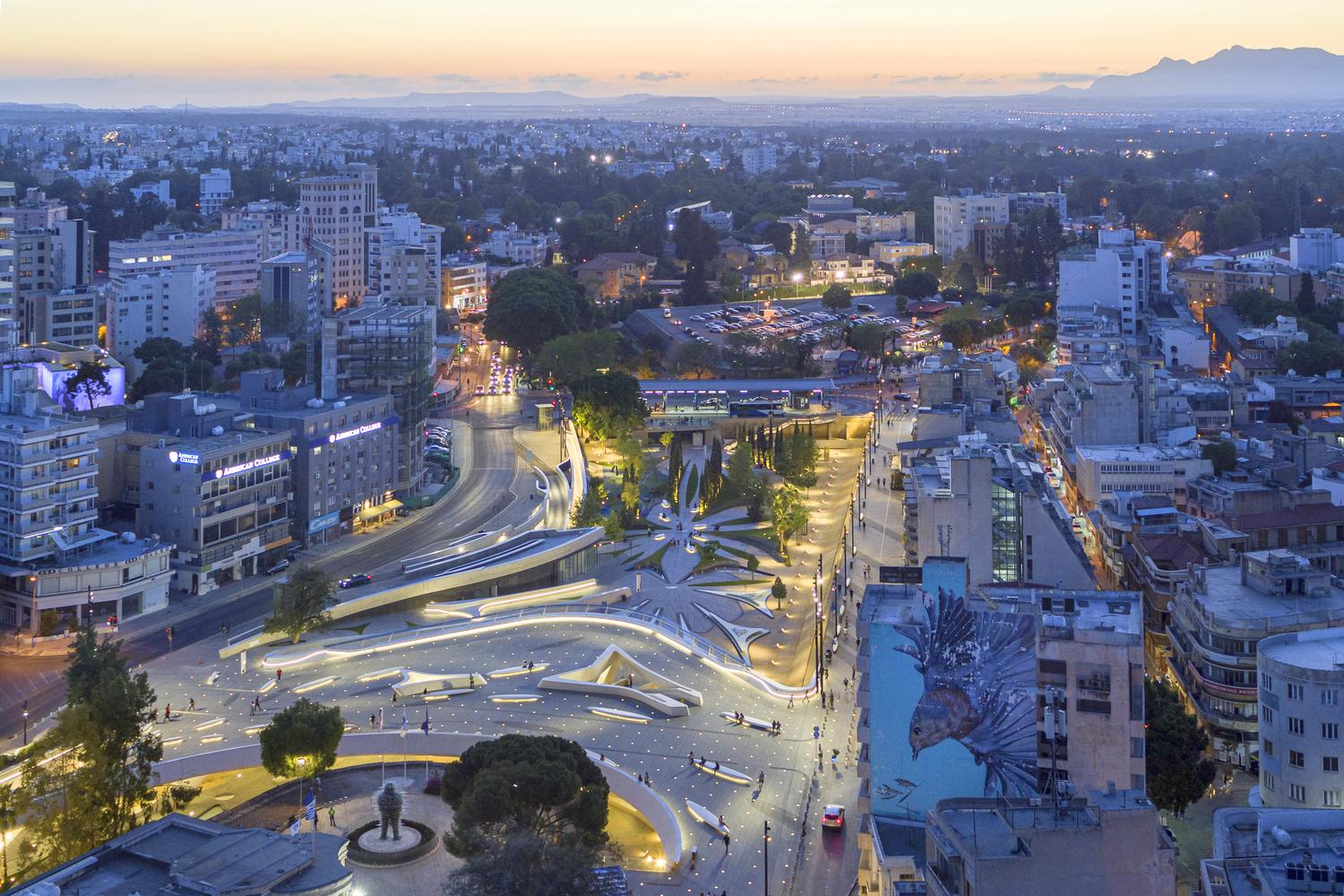
The country's business attractiveness is based on a humane tax policy, state preferences and special programmes for in-demand specialists, as well as the availability of obtaining official status. The main sectors of the national economy are construction, shipping, banking and agriculture. In recent years there has been a steady growth in the development of high technology and alternative energy. Communication with other countries is done through two main sea ports (Limassol and Larnaca) and two civilian airports (Larnaca and Paphos). The country has an efficient system of primary and secondary education, with the option of private or public schools. Today, Cyprus has the highest percentage (30%) in the EU of working-age citizens with higher education.
The medical industry meets all modern requirements and uses advanced technologies. Unlike most EU countries, there are no long waiting lists for patients at public clinics, whether they're citizens or foreigners with residence permits. The national healthcare programme GESY is well established. The most popular sports on the island are football, basketball, volleyball, yachting and diving.
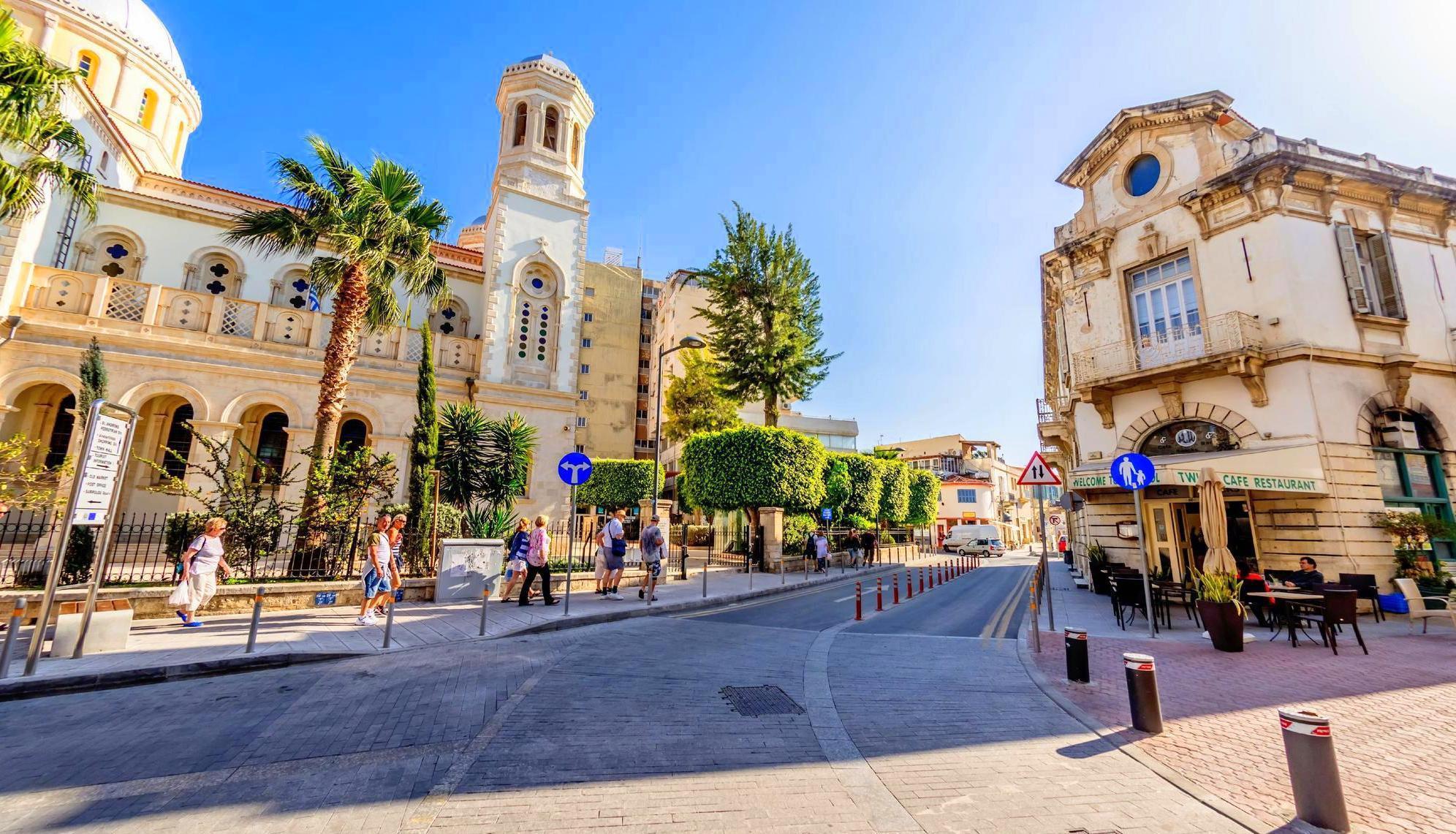
The country has a rich cultural heritage, with lots of architectural monuments, works of art and centuries-old myths and legends. The locals are friendly, helpful and fluent in English. Like most Southern Europeans, they lead a relaxed lifestyle and try to enjoy every day. Cyprus ranks 50th in the world on the happiness index, with an average salary of 2200 euros per month at the end of 2023.
There are plenty of reasons to live in Cyprus:
- You're much safer living in the country.
- It's a great place to set up and run a business.
- It's also easy to get official status for foreigners.
- The food products are of a high quality.
- There's also a developed resort infrastructure and road network.
- The area's got a great ecological situation.
On the downside,
- It can take a while to sort out the admin.
- There are a few shortcomings in the work of public transport.
- The island is still divided, and the capital city is also a problem.
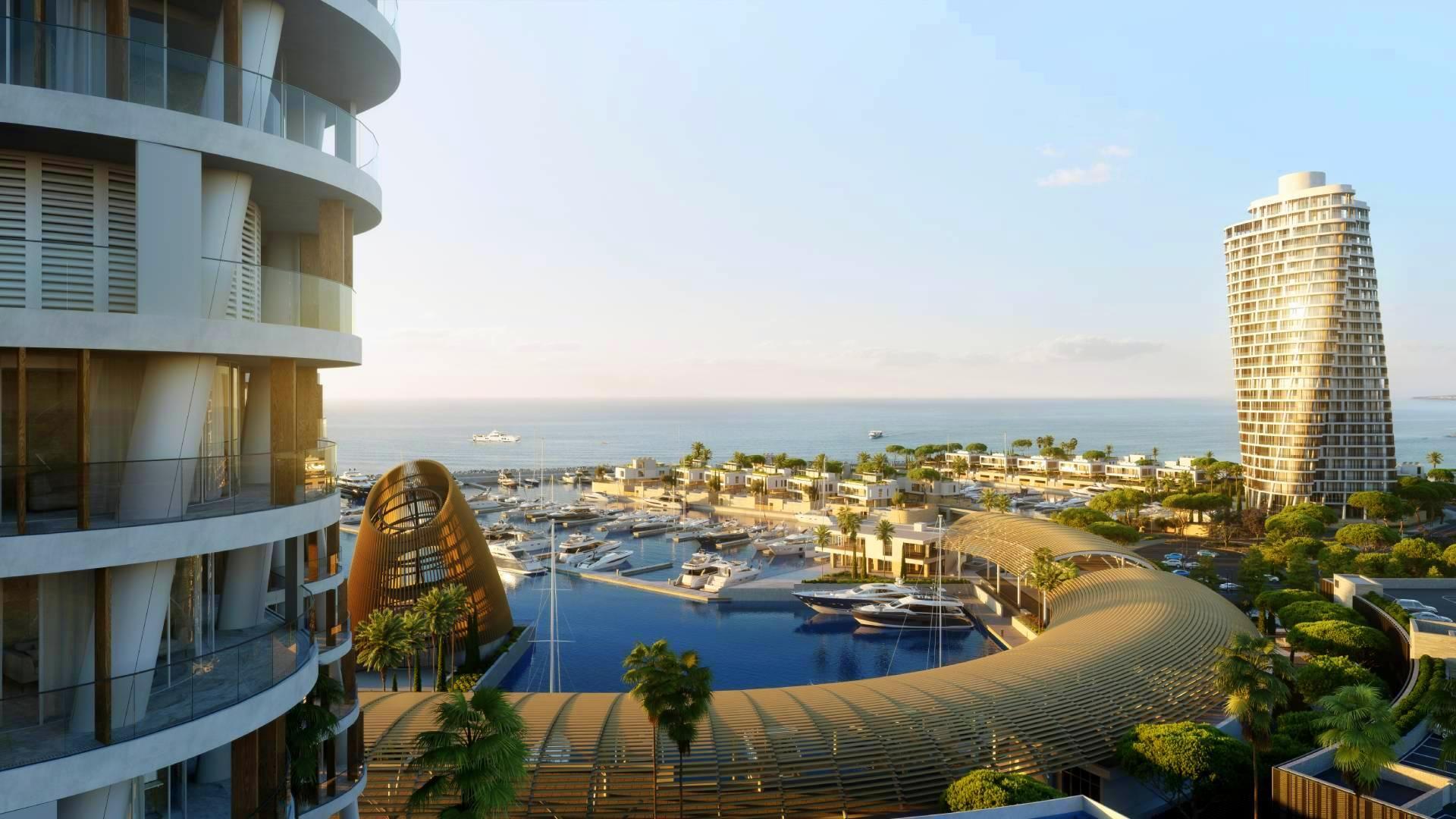
Belgium
Brussels has a quality of life index of 150. Property prices in the city centre range from 3.5 thousand euros to 5 thousand euros per square metre, while in other areas they start at 3 thousand euros and go up to 4 thousand euros. The average prices for key goods and services in the city are:
- Renting a one-bedroom apartment per month in the city centre costs between 850 and 1,400 euros, while in other districts it's between 800 and 1,100 euros.
- A mid-range restaurant meal for two costs around 80 euros.
- A bottle of water (1.5 litres) costs 1.1 euros.
- A 500-gram loaf of white bread costs 2.5 euros.
- Public transport costs 2.5 euros.
- Petrol (1 litre) costs €1.75.
- The cost of utilities for an 85 m2 flat is around 220 euros a month.
- The standard mobile phone tariff is 22 euros a month.
- And then there’s the internet, which is unlimited for the month at 53 euros.
- Fitness centre (per month) – €30.
The Kingdom of Belgium is in the middle of Western Europe and has access to the North Sea. Belgium is one of the most stable countries in the world with a high standard of living. Brussels is the capital of the state and is known as a diplomatic and military-political centre of the Euro-Atlantic space. Belgian chocolate, beer and jewellery are familiar to consumers from all over the world and have become peculiar business cards. The main industries in Belgium are steel and textile production, as well as chemicals and pharmaceuticals.
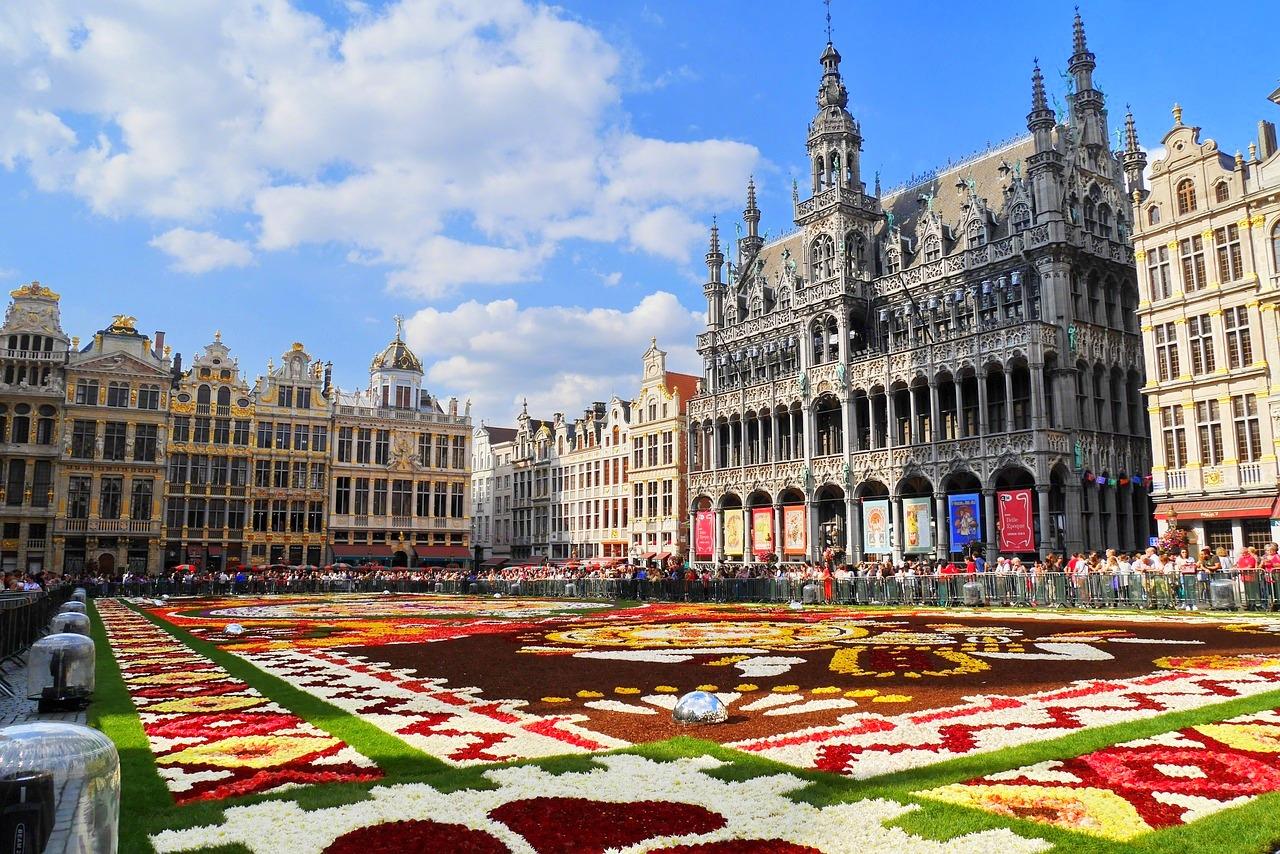
Antwerp is the second largest city in Belgium and a world centre for processing and trading diamonds. The local transport infrastructure is one of the most developed in the world, and the extensive railway network was the first in continental Europe. All motorways in and between settlements are of excellent quality and fully lit at night. Belgium is one of the most urbanised countries, with 98% of the population living in cities. The country ranks 17th in the world according to the Happiness Index, with an average salary of €2520 at the end of 2023. Meanwhile, the tax burden of Belgians varies from 20 to 40% depending on income. Local healthcare is funded by social insurance, with contributions linked to income. Public and private clinics provide healthcare.
Belgium is a popular destination for foreign students thanks to its high-quality education, diverse range of study programmes, scholarship and grant opportunities, and low tuition fees for Western European countries. The country's architectural heritage is showcased by the vibrant houses in the Flemish Baroque and Gothic styles found in the centre of Brussels and other cities. Belgium is also home to a number of impressive palace ensembles, theatres, museums and monuments dedicated to its great historical figures.
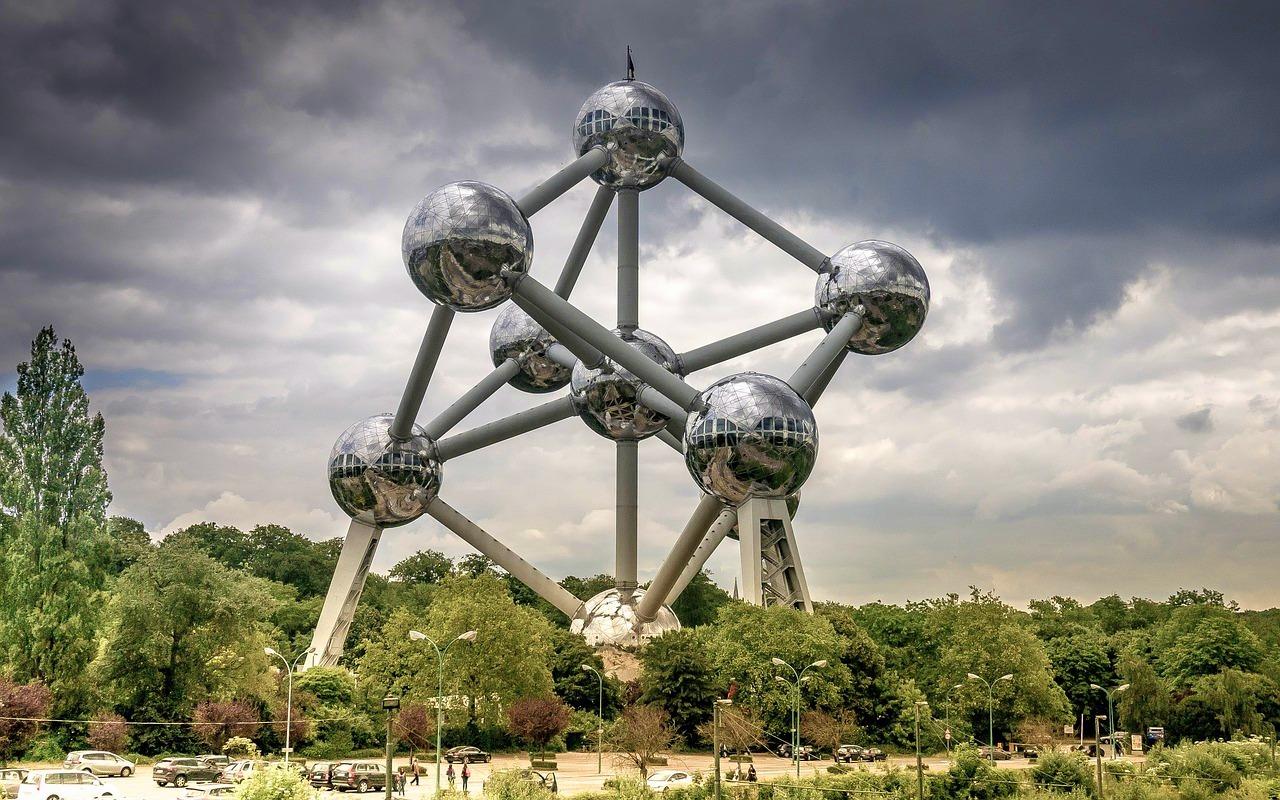
The locals lead a pretty relaxed lifestyle and don't mind treating themselves to the odd indulgence. Delicious food, fun and exciting trips around the world – that's what the Belgians are all about. Football, cycling and Formula 1 racing are the most popular sports. About a quarter of the country's population is made up of immigrants, not least because of effective social support from the state. Despite the recessionary economy, in-demand professionals can find decent employment.
There are plenty of reasons to live in Belgium.
- A high standard of living.
- Good infrastructure.
- And there's the food. It's tasty and natural.
- You can learn several foreign languages (French, German, Dutch) if you want to.
- A law-abiding population and no corruption.
- There's a rich cultural life here.
On the downside,
- There's a high level of taxation.
- The weather is pretty cool and changeable.
- Just to flag up there have been a few incidents of crime in a few districts of the capital.
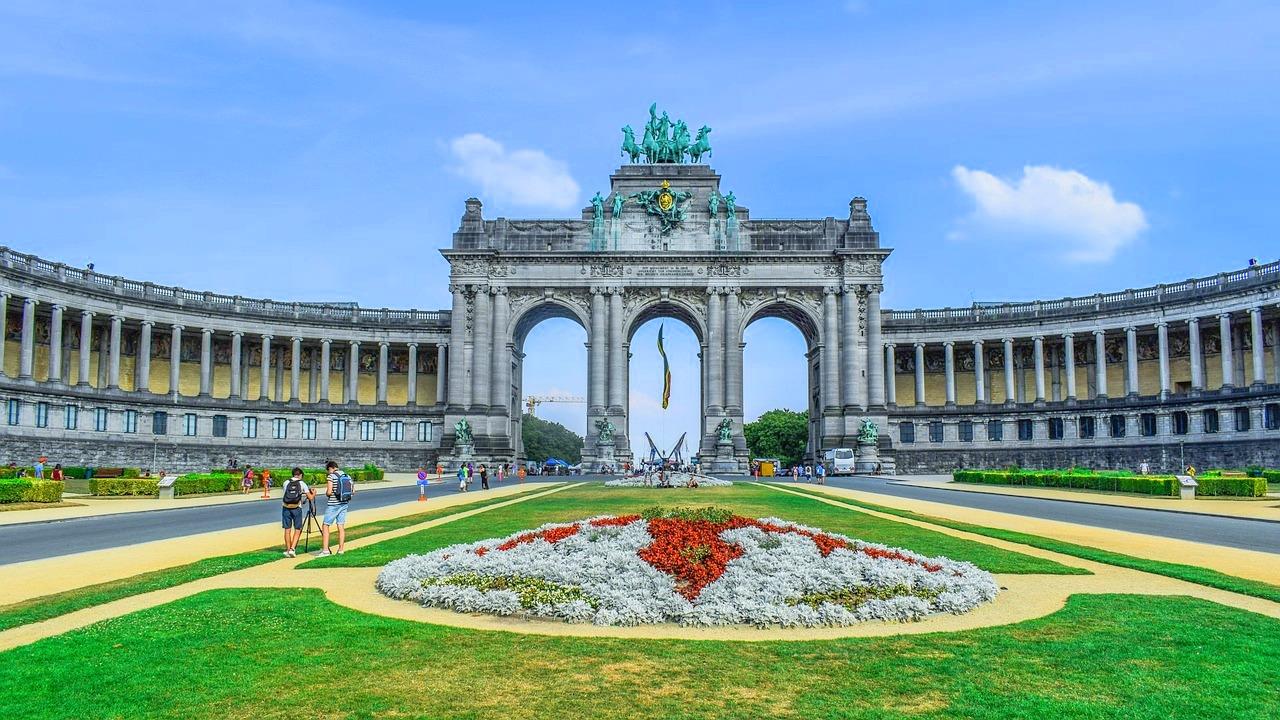
Read also:

